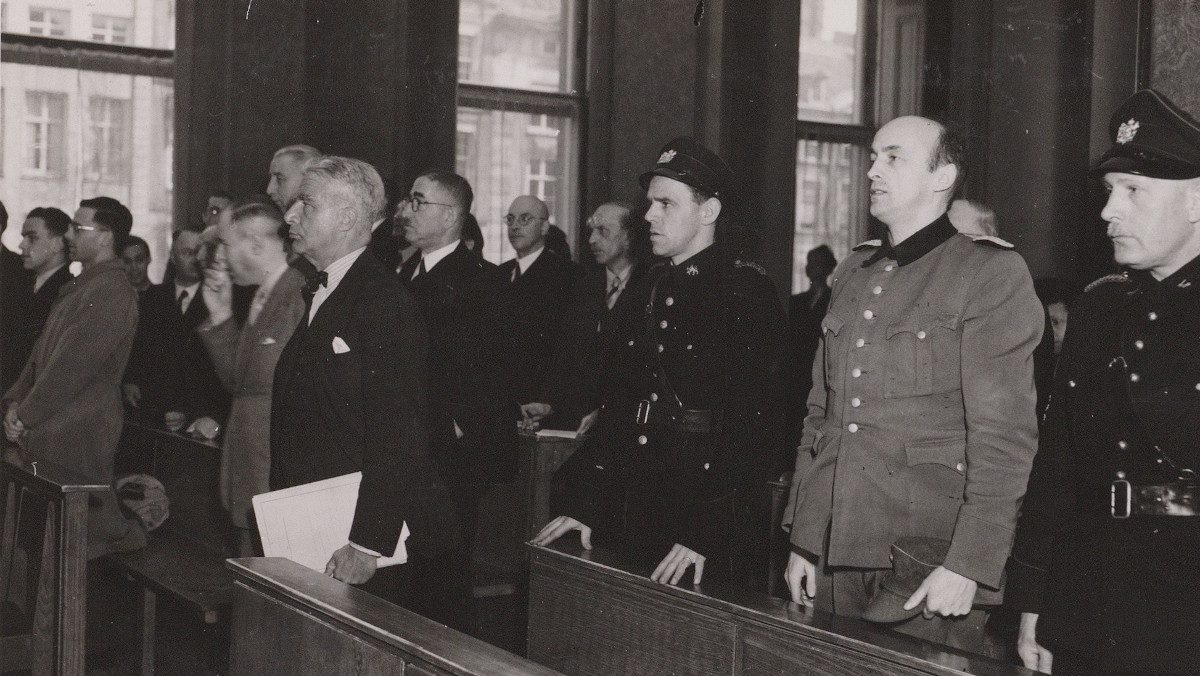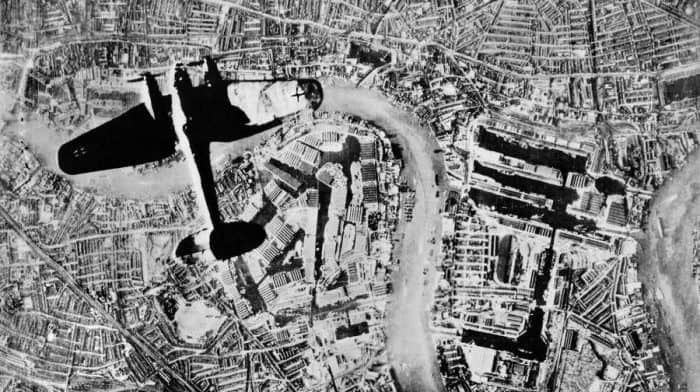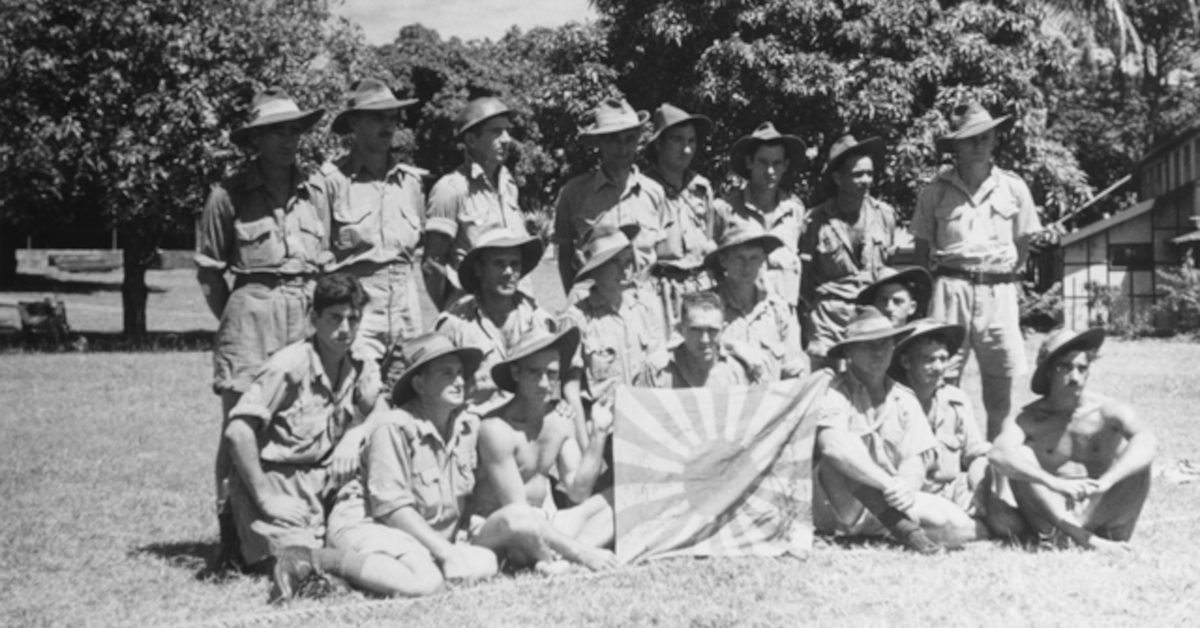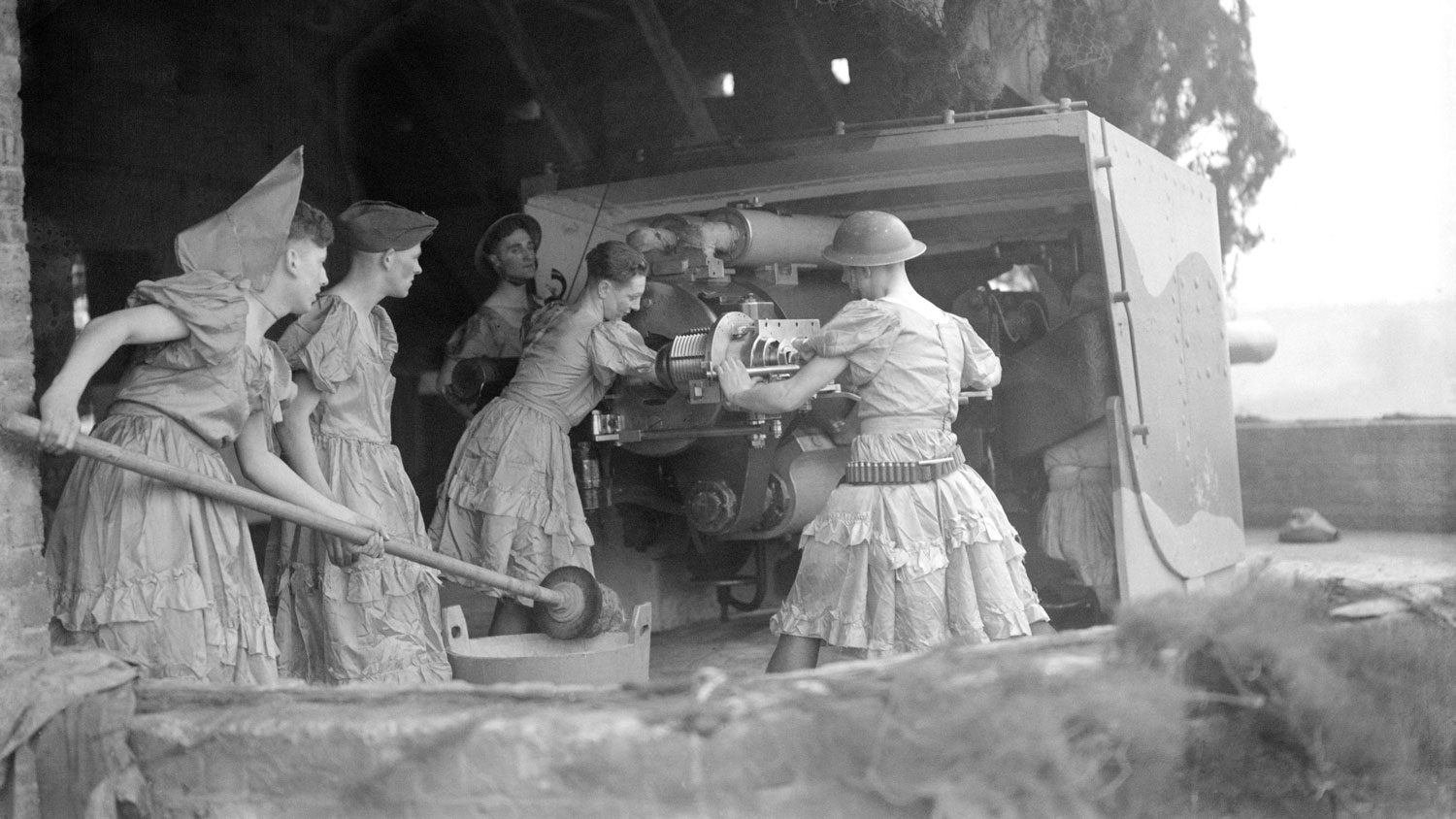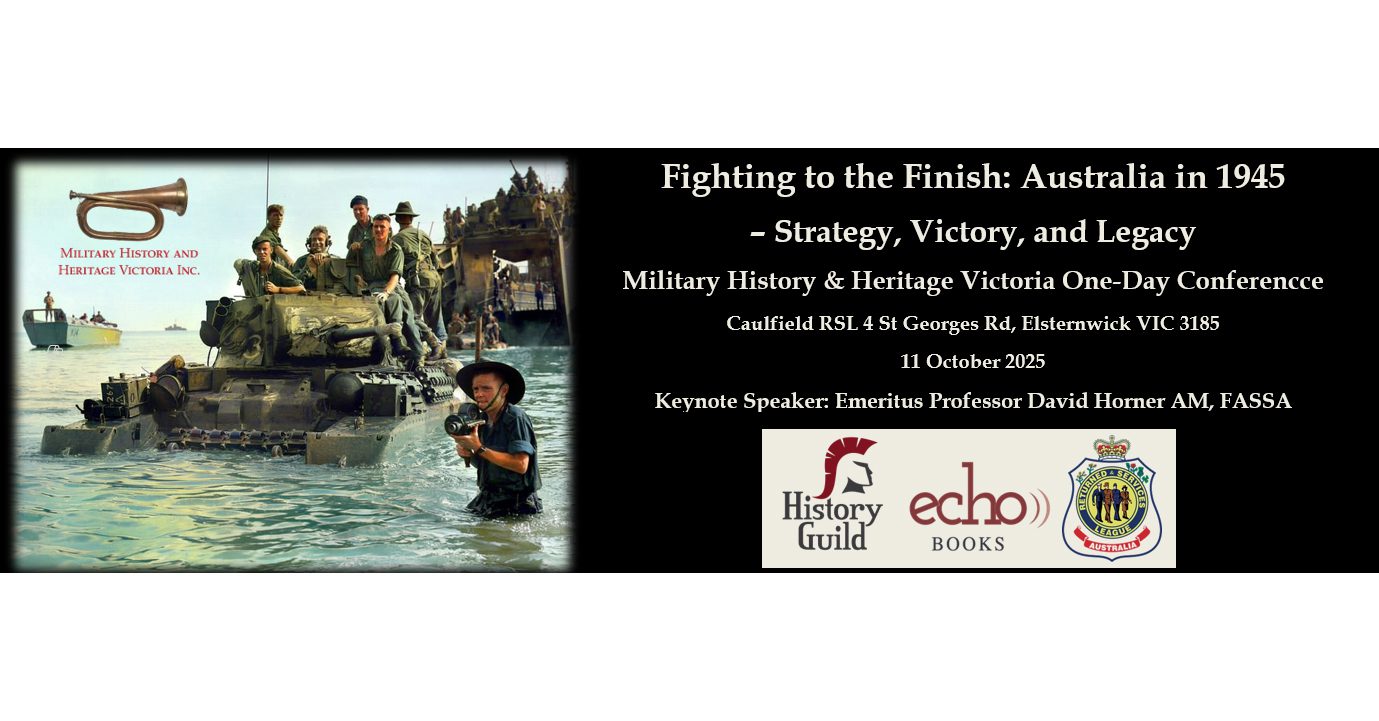
Full Program Announced! Fighting to the Finish: Australia in 1945 – Strategy, Victory and Legacy Conference, Melbourne. Book Now.
Military History & Heritage Victoria is excited to announce that tickets are now on sale for our next conference – Fighting to the Finish: Australia in 1945 – Strategy, Victory and Legacy – which will be held on 11th October 2025 in Melbourne. History Guild is proud to support this conference. Join an esteemed group […]
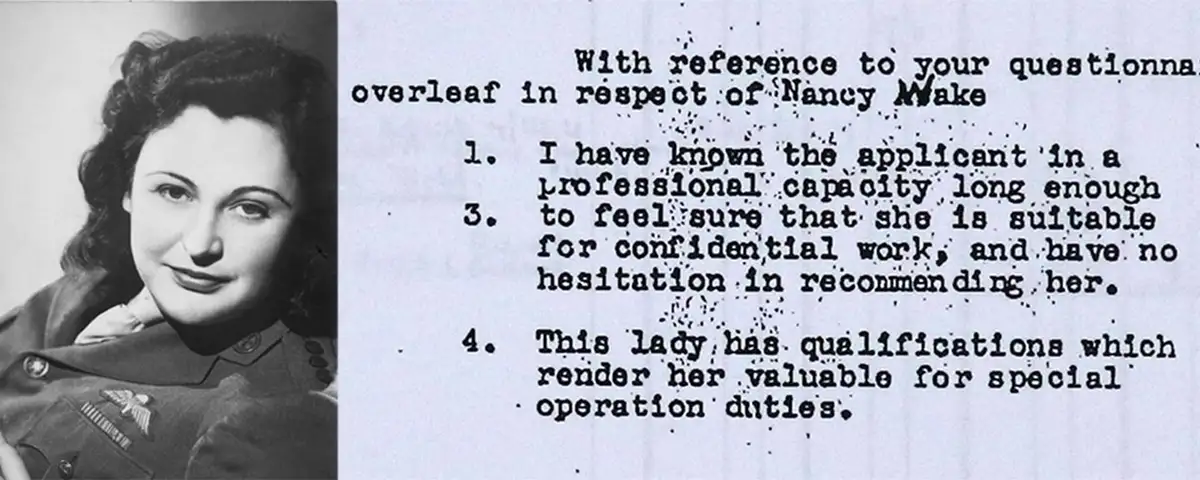
The story of Nancy Wake
Reading time: 7 minutes
Nancy Wake (1912–2011) was an agent for the Special Operations Executive and the most wanted woman in France during the Second World War. Dubbed the ‘White Mouse’ by the Nazis, she was the one who always got away.
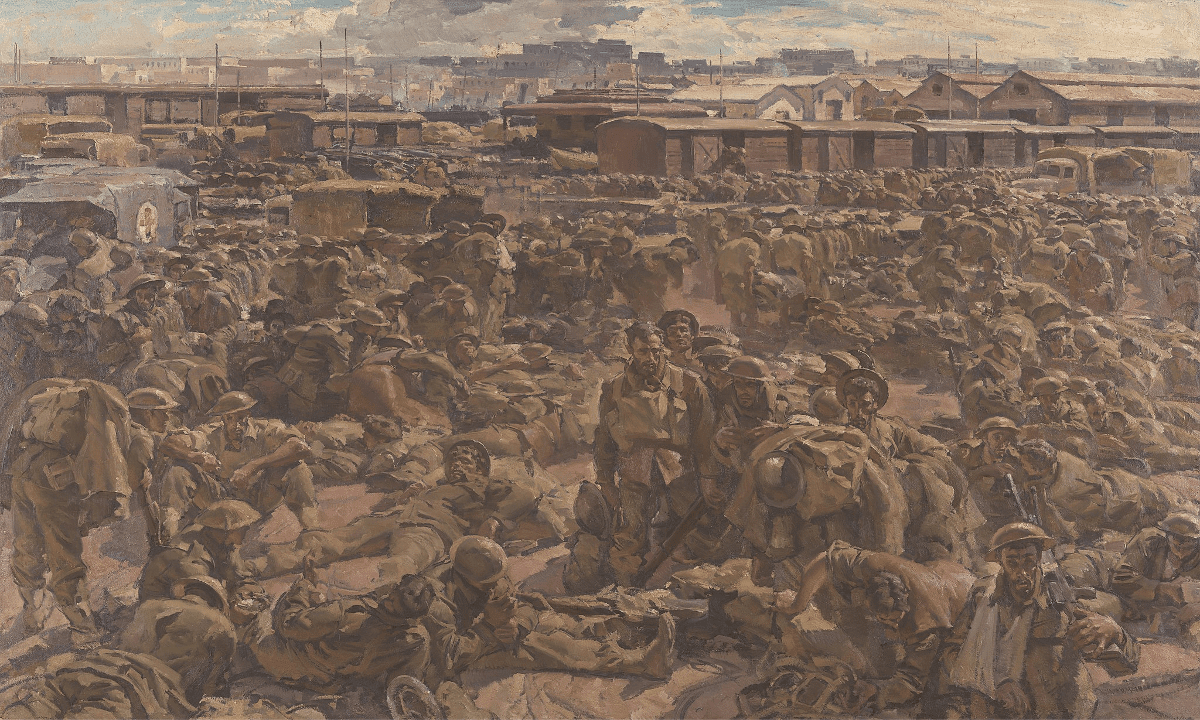
The Greek and Cretan evacuations: Australians tell their stories
The Battle of Greece is a story of grit, determination, and sheer bloody-mindedness as an outnumbered force of British and Anzac troops successfully delayed the tide of Germans invading the Mediterranean country. The goal was to delay the advance long enough to allow for Allied troops to be evacuated from Greece, ready to fight another […]

Call for Papers – Fighting to the Finish: Australia in 1945 – Strategy, Victory and Legacy Conference
Military History & Heritage Victoria is excited to announce the Call for Papers for our next conference – Fighting to the Finish: Australia in 1945 – Strategy, Victory and Legacy – which will be held on 11th October 2025 in Melbourne. History Guild is proud to support this conference. Keynote will be delivered by Emeritus […]
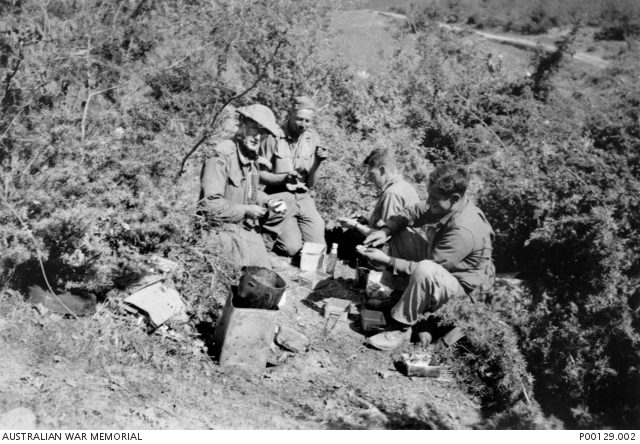
Remembering the Battle of Crete – 2025 Commemorations
This year is the 84th Anniversary of the Battle of Crete. The fighting around Rethymno will be commemorated in a series of events, listed below. 22nd May 2025 18:00 Memorial Service & reception at Armeni in the memory of the Greek Police General Stylianos Menioudakis (Armeni village, Municipality of Rethymno). 19:30 Memorial Service at the […]
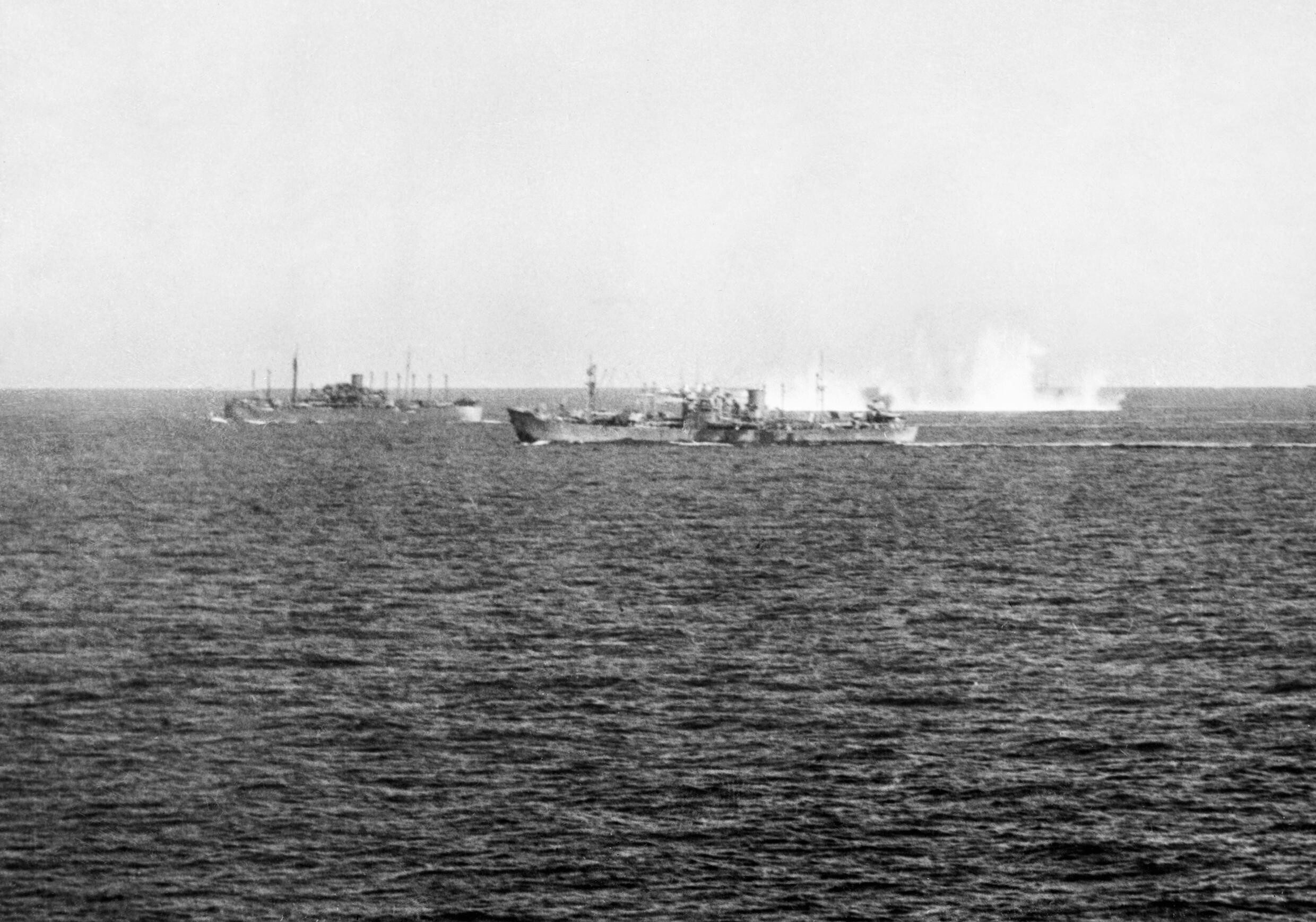
The Malta convoys: Australian sailors speak
Reading time: 7 minutes
The island of Malta, located in almost the exact centre of the Mediterranean, was an important depot and staging post for the Allied efforts in North Africa and, later, the invasion of Italy. As a result, the Axis forces bombed it relentlessly for years, something you can read about more in our article on the Siege of Malta through Australian eyes.
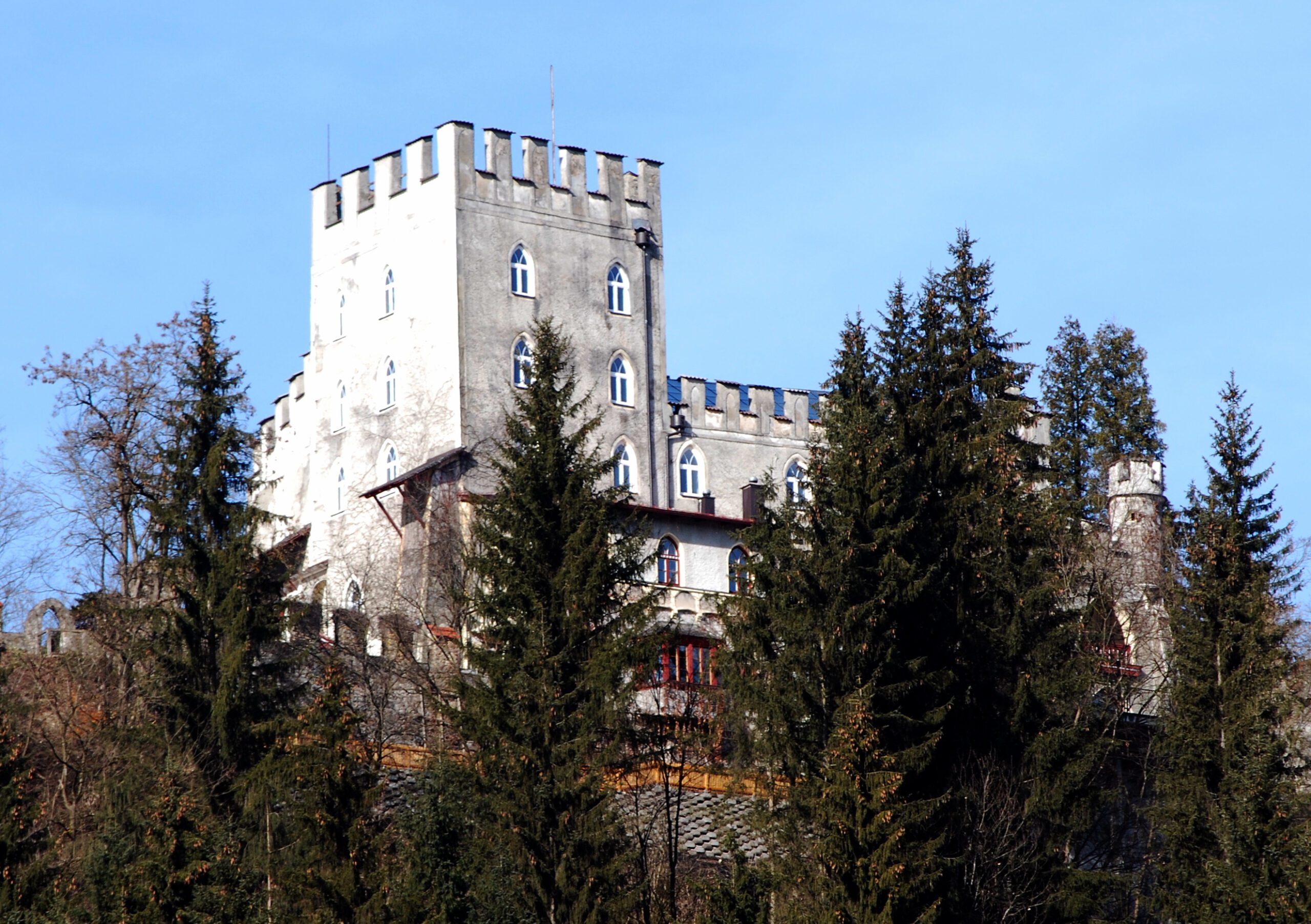
The Strangest Battle of World War II? Uncovering the Battle of Castle Itter
Reading time: 6 minutes
In the waning hours of the war, exactly five days after Hitler shot himself in his bunker, a bizarre battle would commence in a small Austrian town, just south of the German border.
Seven hundred years after its construction in the 1200s, Castle Itter would host a battle between the Waffen-SS (the Nazi party’s specialist paramilitary) and a combined force of defecting German Wehrmacht troops, American soldiers, Austrian resistance fighters, and various French political prisoners.
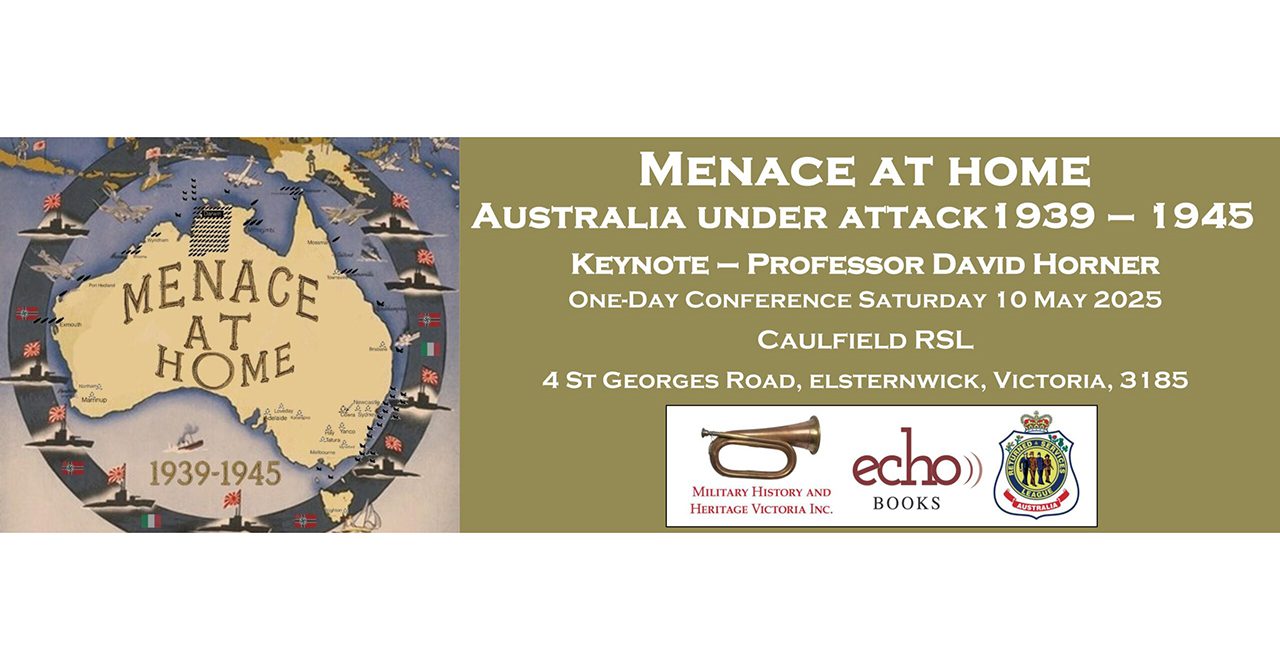
Menace at Home – Australia Under Attack 1939-1945 Conference – Melbourne 10th May
10th May 2025, from 9:00 am to 5:00 pm. This one-day conference will explore the numerous ways Australia was attacked during the Second World War. Between 1939 and 1945, over 1,800 enemy air raids targeted northern Australia, while the nation’s coastal waters were patrolled by raiders, sea mines, and submarines. People of various backgrounds—friends, foes, […]
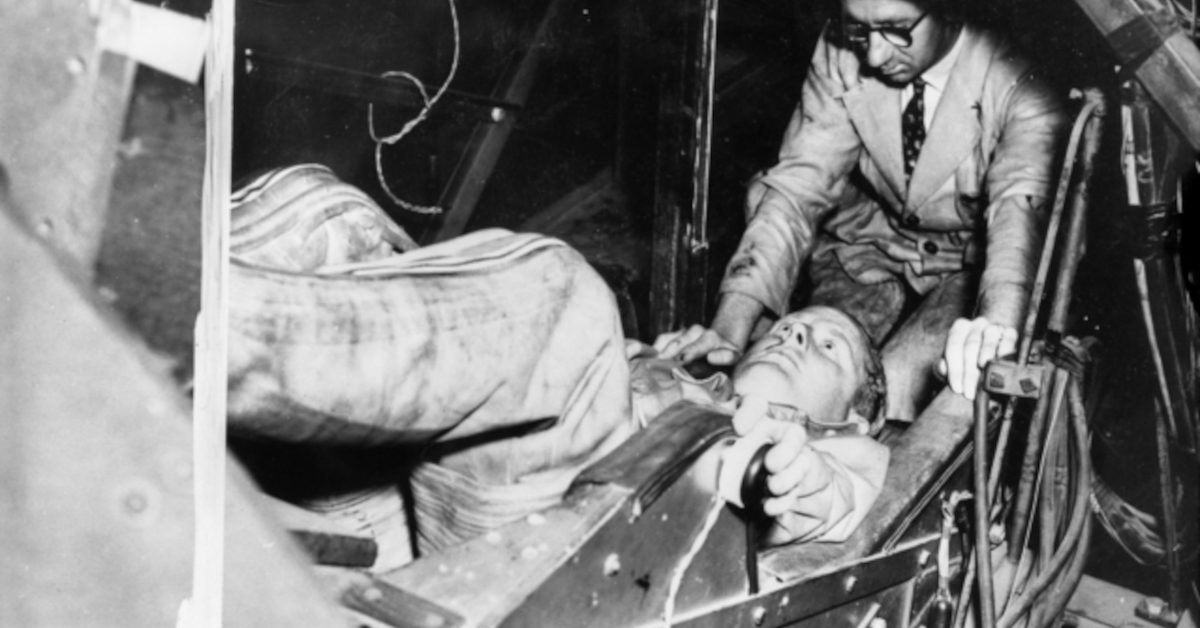
Frank Cotton and the Invention of the Australian G-Suit
Reading time: 9 minutes
The best-known wartime innovations are the largest, loudest, and flashiest, from humble handguns to the tank. But war has also prompted the invention of fascinating, and less destructive, devices designed not to harm life, but to protect it. One of these was the anti-gravity suit, or g-suit.
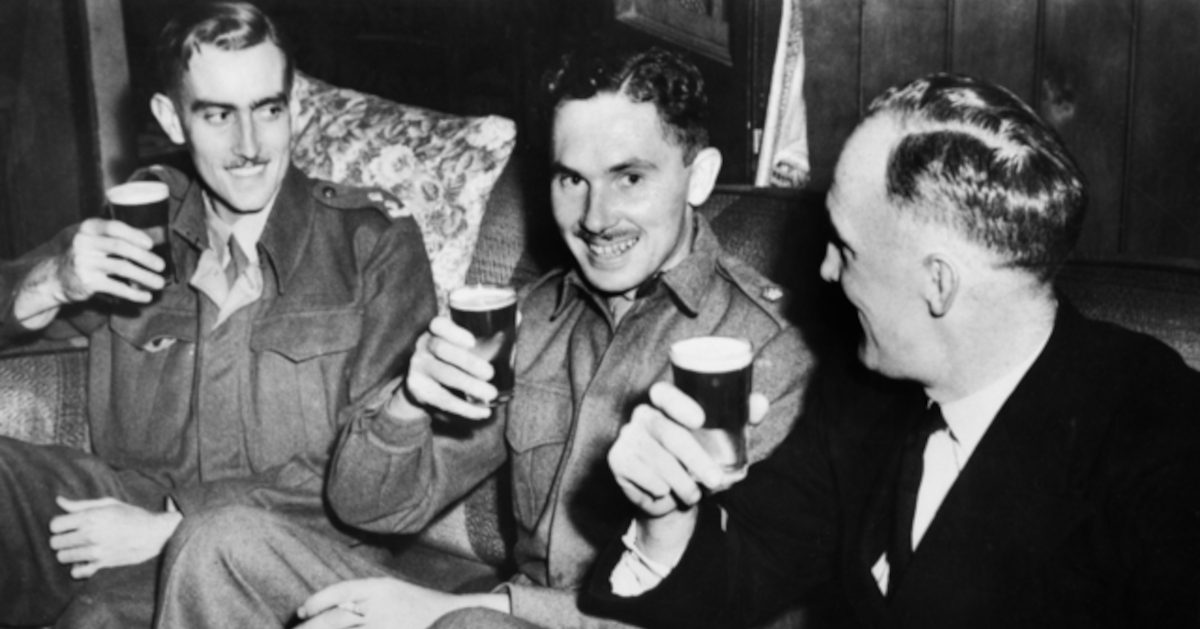
Inventing Special Forces: Operation Jaywick
Reading time: 11 minutes
Modern special forces are capable of astonishing feats of arms, from crippling their opponents’ infrastructure to derailing entire campaigns. While soldiers have been detailed for highly specialised and dangerous tasks since before history began, the first true forbears to today’s special forces were first established in the midst of the Second World War, when the Axis powers seemed poised to seize victory at any moment.
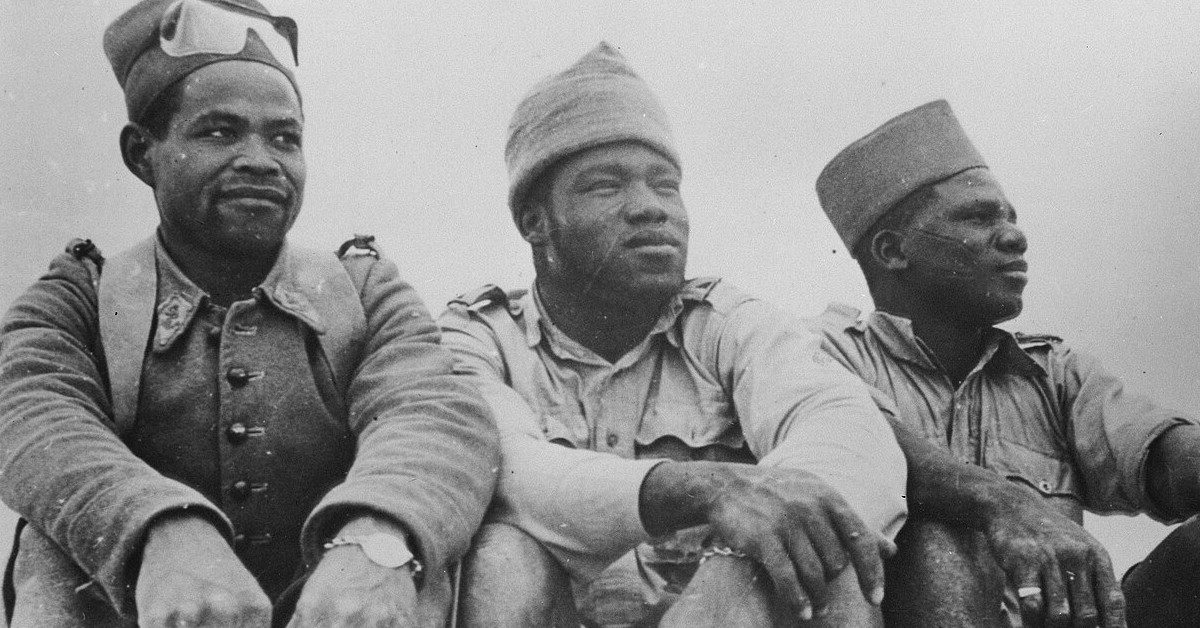
Free France was African: the Story of France’s African Soldiers in WW2
Reading time: 15 minutes
From a humble, precarious exile in London, Free France patched together from soldiers and sailors of the scattered French military under the leadership of General Charles de Gaulle. One of the most storied resistance movements in World War II, far-flung Frenchmen swelled in number until hundreds of thousands could return to liberate France in 1944.
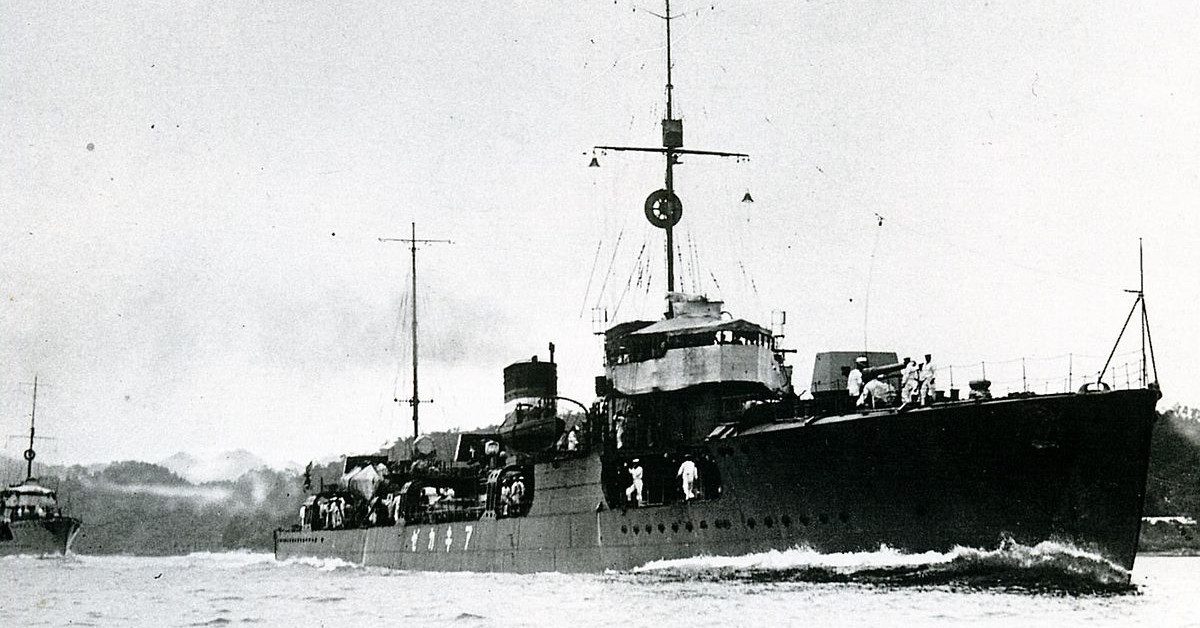
The Akikaze Massacre: the Japanese Navy’s Mass Murder in the Solomon Sea
Reading time: 12 minutes
When the Pacific War began in 1941, Japanese military planners had long recognised that they could not hope to win a protracted war against the United States, its likeliest and likely deadliest opponent in the Pacific. Instead, they pinned their hopes on a swift, devastating series of campaigns to seize strategic points.
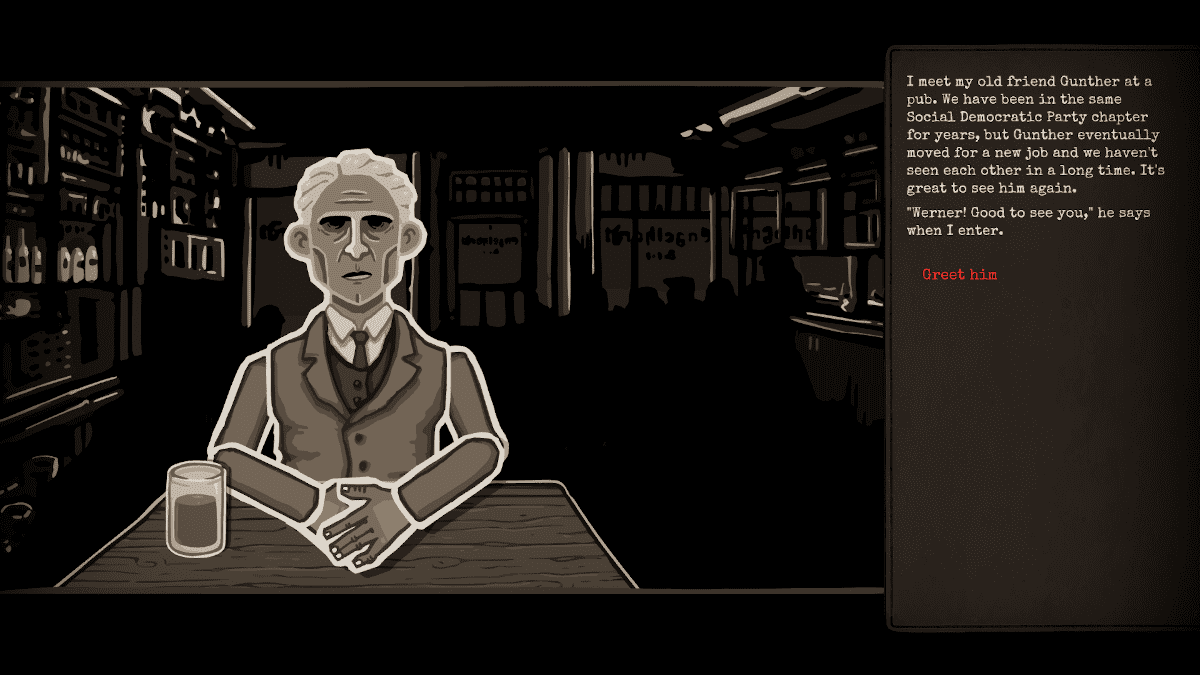
Four Video Games That Actually Teach History
Reading time: 13 minutes
There are plenty of video games that use historical backdrops for their narrative, or even entice you to recreate history in some way. As we discuss with historian Pieter van den Heede in our article on whether games can teach history, the question remains of how much you actually learn while playing these games. Thankfully, some do a much better job than others, and in this article, I will go over four of them.
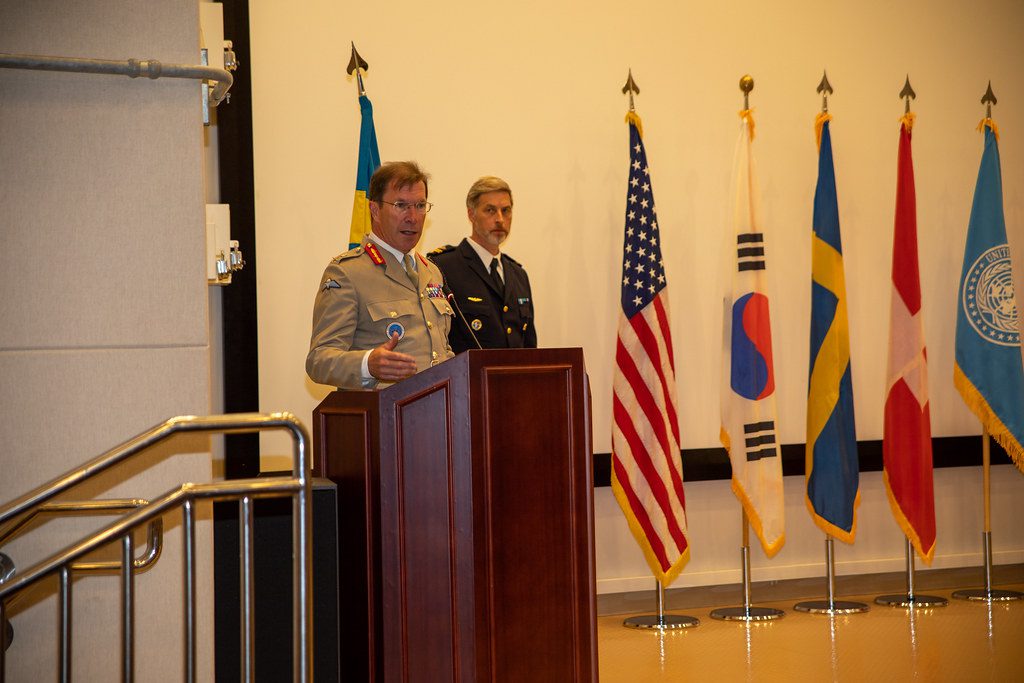
Neutral and Nervous – A History of Sweden’s Now Broken 200-Year Streak of Neutrality
Reading time: 6 minutes
For over 200 years, Sweden has been one of the few neutral states in Europe. From the Napoleonic Wars and Sweden’s declaration of neutrality in 1812 to today, many conflicts have arisen right on its borders.
Despite this, Sweden (until its joining with NATO in 2024) has successfully navigated neutrality, avoiding two world wars and many other conflicts throughout the 20th Century.
But how did Sweden manage to stay neutral throughout the 1900s with two world wars on its doorstep, and why did it become neutral in the first place?
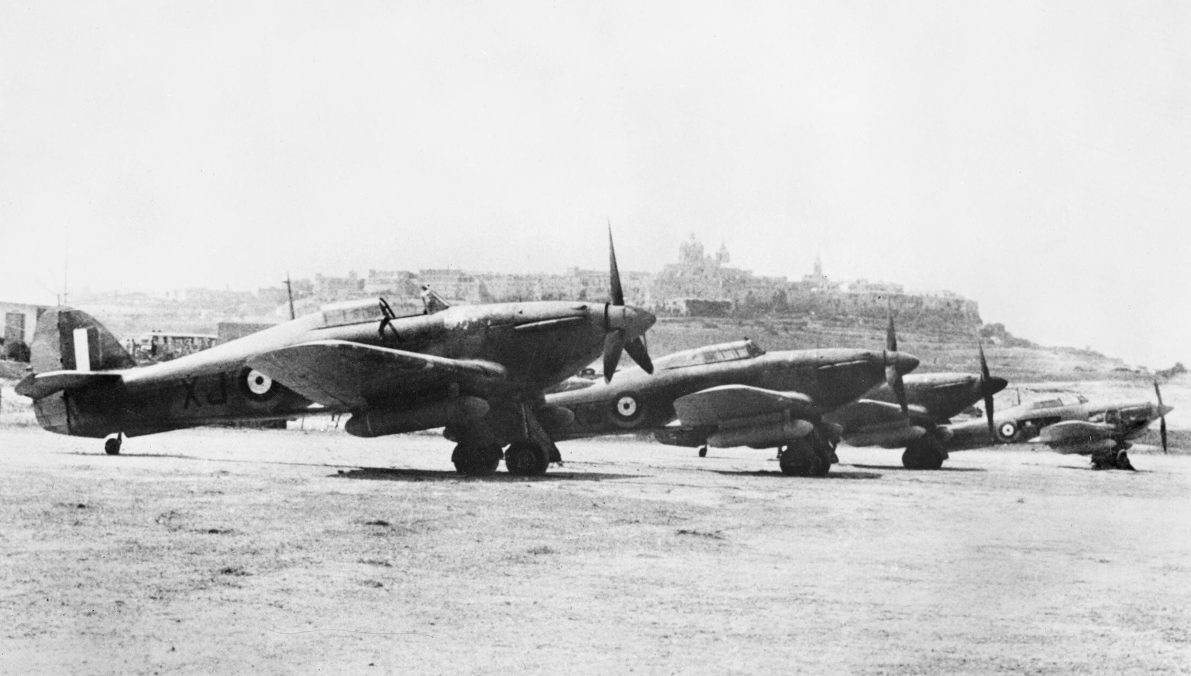
Australian pilots in the fight for control over the Mediterranean
Reading time: 11 minutes
The Siege of Malta, a two-year ordeal of bombs, heat and dust, was one of the most important battles of the Mediterranean theatre in World War Two. Few of the victories in North Africa and Italy would have been possible had the island fallen to the Axis. In this article, we let Australian pilots who defended Malta tell their stories.
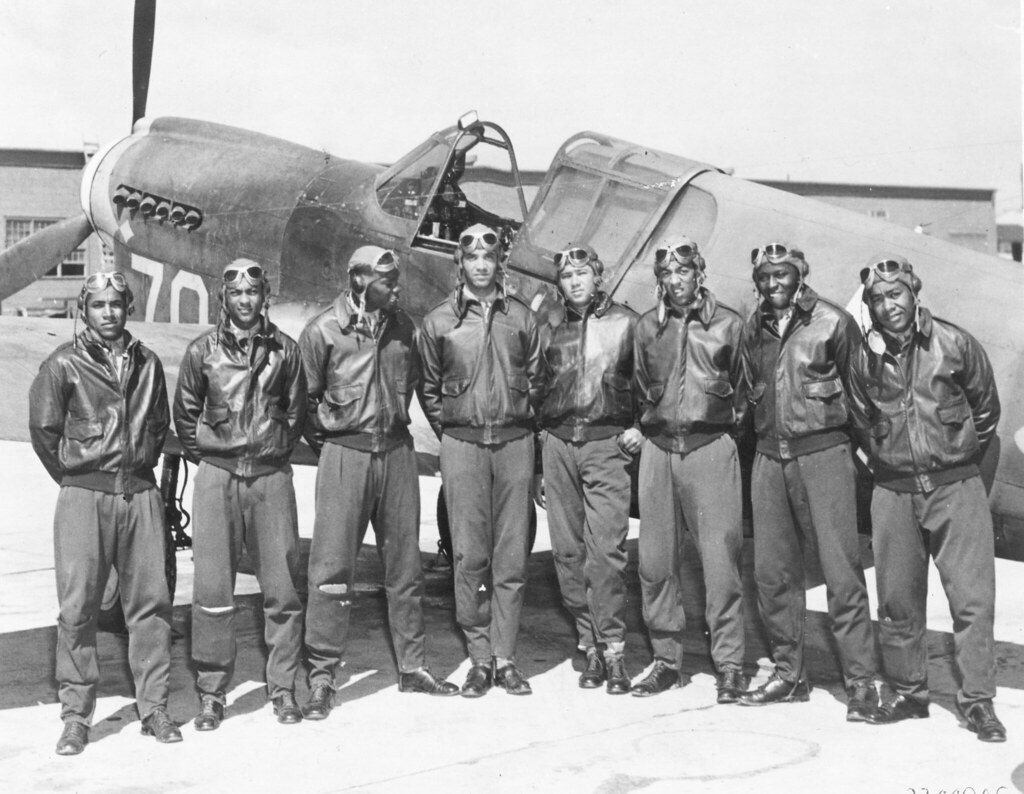
Where are All the Medals? Racial Bias in Military Bravery Awards
Reading time: 7 minutes
For service or for gallantry, almost all modern militaries – especially Western militaries, have issued war medals for a very long time.
But who decides who gets these medals and awards, and how?
Recent examination has brought to light a distinct lack of minority soldiers within Western militaries winning bravery awards, across many different countries, all throughout the 20th century and beyond.

The legacy of Empire: The Bengal Famine
Reading time: 4 minutes
One of the motivations of The Things We Forgot To Remember is as an answer to the question “Why study history?” There are a lot of answers to this, but one important reason is that people are already talking about history, and sometimes, they have got it seriously wrong. One example of this is the widespread ignorance of the Bengal famine. For me, the ‘killer facts’ about the Bengal famine are straightforward. In 1941, when the Battle of the Atlantic was at its height, Winston Churchill and the War Cabinet considered the question of relative priority to give to imports of food, raw materials, and munitions.
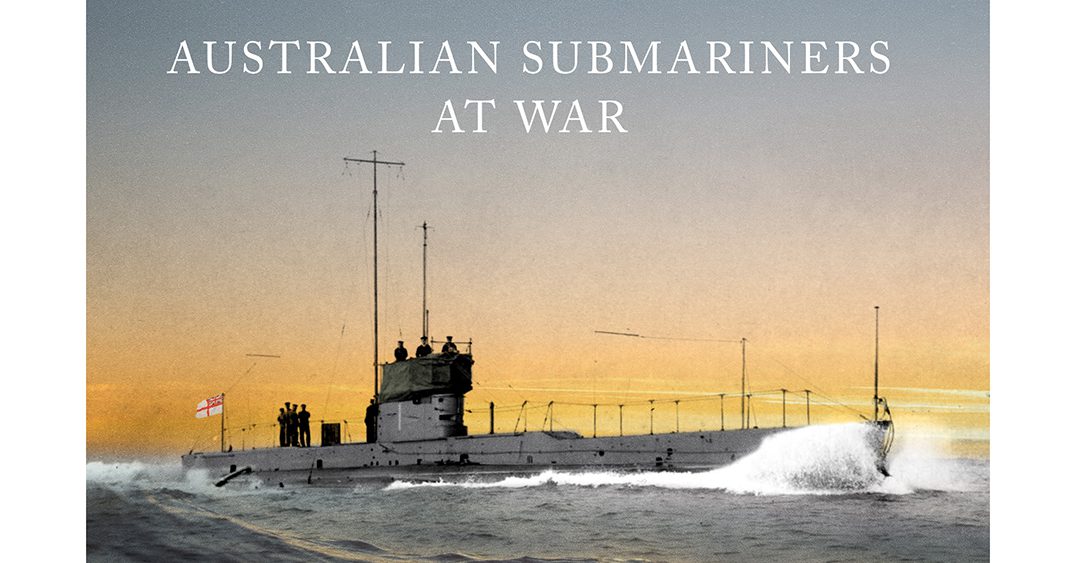
Dive! Australian Submariners at War by Mike Carlton – Book Review
Reading time: 4 minutes
Dive! opens with the best description of the development and implementation of submarine technology and doctrine I have ever read. This could easily be part of a broader history of submarines, Carlton has clearly done broad and extensive research and his writing effortlessly demonstrates his command of the topic.
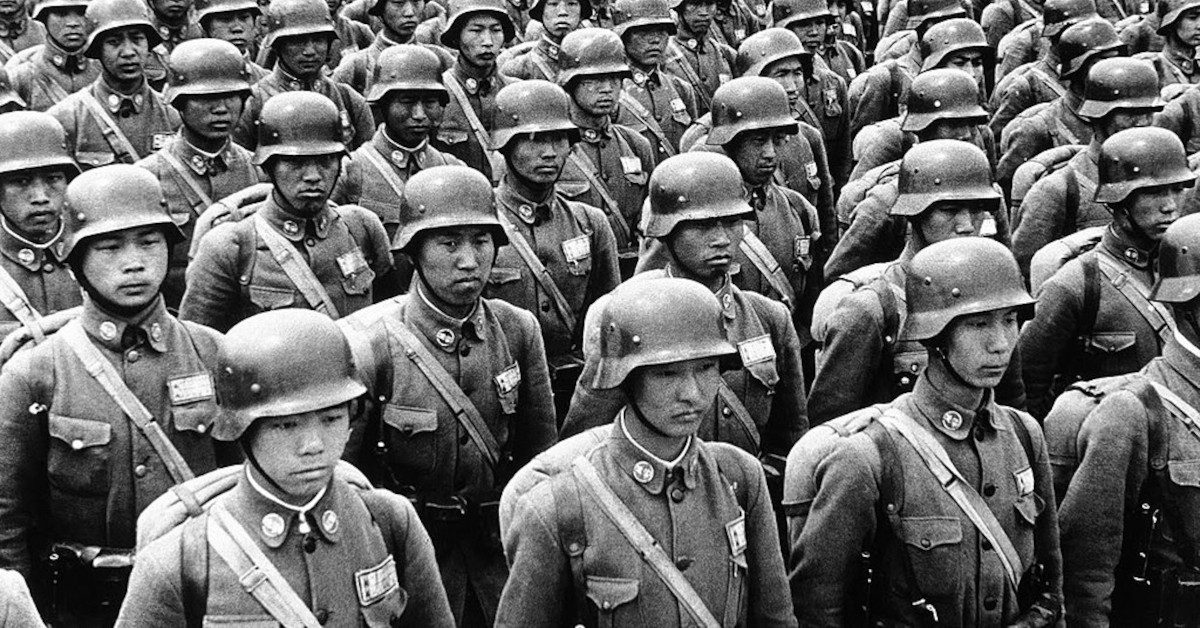
“IT WON’T DO TO PRETEND THAT WE ARE POWERFUL”: CHINA’S GERMAN-TRAINED ARMY
Reading time: 11 minutes
In 1926, a newly-unified China had millions of men under arms, but few who could wield them effectively. Determined to make the country ready to defend itself, Nationalist leader Chiang Kai-shek turned to an unusual ally.
For a decade, officers and experts from Germany’s Reichswehr oversaw the transformation of China’s army. While their plans were never fully realised, they had a significant impact on the war to resist Japanese invasion.

